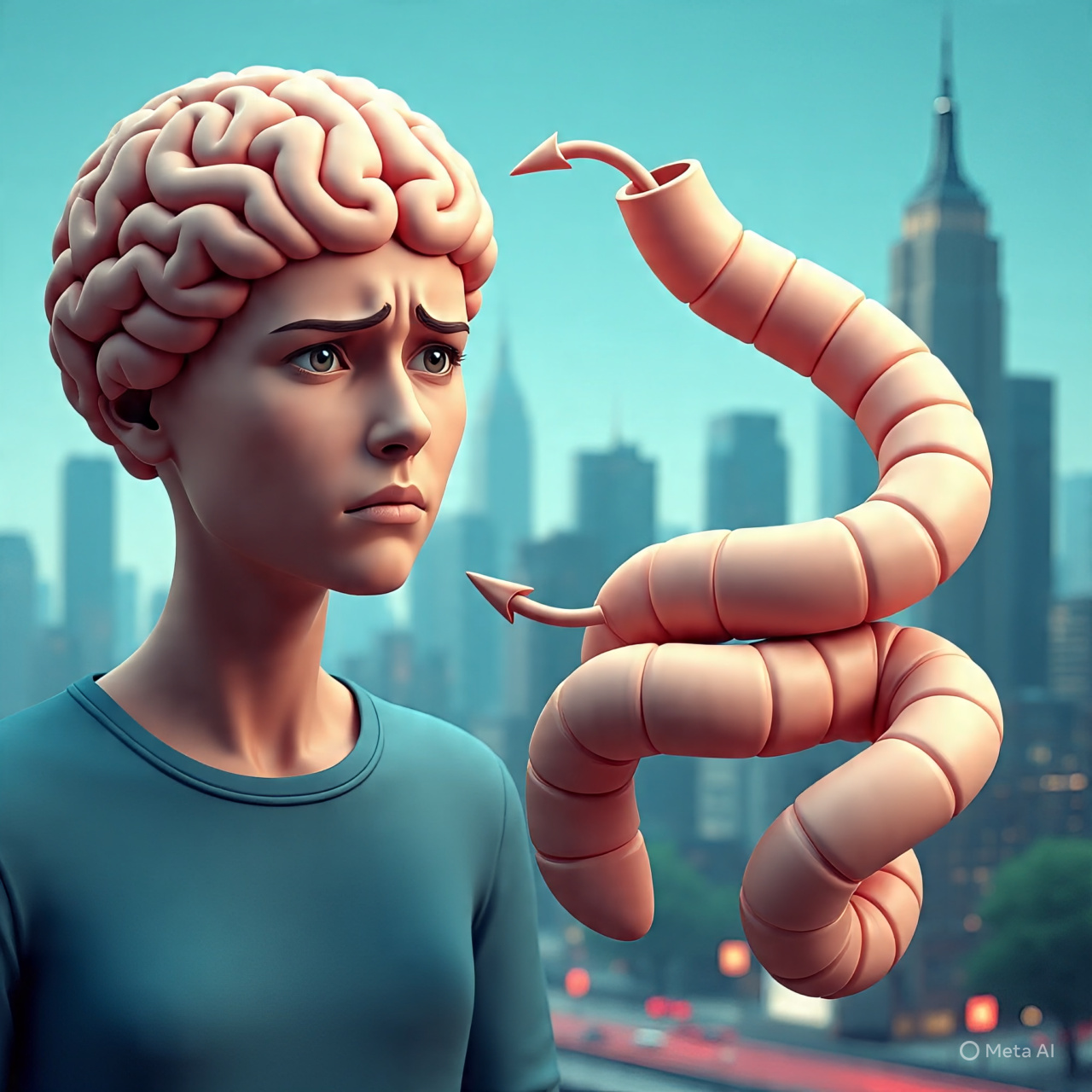AI Health Scans: Are Smartphones the Future of Diagnosis?
The rapid evolution of technology has profoundly transformed the healthcare landscape, particularly through the advent of artificial intelligence (AI). Today, AI-powered applications are emerging as game-changers in the realm of health diagnostics. With capabilities ranging from anemia screening to cognitive behavioral therapy (CBT), these tools are raising critical questions about the future of mobile diagnostics and their role in everyday health management.
The Rise of AI in Health Diagnostics
As smartphones become ubiquitous, integrating advanced AI into health diagnostics appears to be a natural progression. These applications can analyze user data and provide insights that were once solely the domain of medical professionals. For instance, mobile apps can now conduct preliminary screenings for various conditions, making healthcare more accessible than ever.
Anemia Screening Made Simple
One of the most notable advancements is the development of AI applications capable of screening for anemia. Traditionally, diagnosing this condition required blood tests and visits to healthcare facilities. Now, users can utilize their smartphones to conduct preliminary screenings by simply entering symptoms or utilizing smartphone cameras to analyze color changes in their skin or nails. This mobile approach not only democratizes health diagnostics but also encourages users to take proactive steps in managing their health.
Understanding AI-Driven CBT Therapy
Cognitive Behavioral Therapy (CBT) is another area where AI applications are making strides. With mental health issues on the rise, particularly in the wake of the COVID-19 pandemic, the need for accessible mental health solutions has never been more crucial. AI-driven apps offer immediate access to therapeutic techniques, allowing users to engage in self-guided CBT at their convenience.
How AI Enhances Therapy
These applications often employ chatbots and interactive exercises based on CBT principles. They allow users to track their moods, identify negative thought patterns, and develop healthier coping mechanisms. For example, apps like Woebot utilize AI to provide personalized interaction and feedback, simulating the experience of having a therapist at one’s fingertips.
Concerns and Considerations
While the benefits of AI in health diagnostics are clear, there are significant concerns that cannot be overlooked. The accuracy of AI-driven diagnostics is paramount. Misdiagnoses can lead to improper treatment, and the reliance on self-reported data raises questions about reliability. Users must be educated about the limitations of these technologies and encouraged to seek professional advice when necessary.
Data Privacy Issues
Another pressing concern is data privacy. Health apps often require users to input sensitive personal information. Ensuring that this data is protected from breaches is vital for maintaining user trust. Developers must prioritize robust security measures and transparent data handling practices.
Future Implications for Healthcare
The integration of AI into health diagnostics could lead to significant advancements in personalized medicine. With continuous feedback and data collection, AI applications can tailor recommendations to individual users, potentially improving health outcomes. Moreover, these technologies can help alleviate the burden on healthcare systems by enabling early detection and intervention.
Collaboration with Healthcare Professionals
For AI applications to be truly effective, collaboration with healthcare professionals is essential. Integrating these tools into existing healthcare frameworks can enhance their reliability and effectiveness. Furthermore, healthcare providers can offer insights that inform the ongoing development of these applications, ensuring they meet patient needs adequately.
Real-World Examples of AI Applications
Several AI applications are currently making waves in the health tech sector. For example, apps like Anemia App enable users to assess their risk of anemia through a series of questions and monitor their symptoms over time. Meanwhile, mental health platforms like Woebot use AI to deliver CBT techniques in an engaging manner.
Case Studies in Mobile Diagnostics
In a study published in the Journal of Medical Internet Research, researchers found that users who engaged with AI-driven health applications reported improved health outcomes and increased engagement with their health management. These findings highlight the potential of these technologies to facilitate better health practices.
Looking Ahead: What’s Next for AI in Health Tech?
The future of health diagnostics through AI and smartphones is promising but requires careful navigation. As technology continues to evolve, so too will the capabilities of these applications. We can expect improvements in accuracy, user experience, and the breadth of conditions that can be diagnosed or managed through mobile devices.
Education and Awareness
Education will play a crucial role in the successful integration of these technologies into daily health practices. Users must understand the benefits and limitations of AI-powered diagnostics to make informed decisions about their health. This includes recognizing when to rely on app-based insights and when to seek professional medical advice.
Conclusion: Embracing the Future of Diagnosis
AI health scans and mobile diagnostics represent a significant shift in how we approach health management. While challenges remain, the potential for these technologies to improve accessibility and empower individuals in their health journeys is immense. As we continue to explore the intersection of technology and health, it is essential to remain vigilant about data privacy, accuracy, and the need for professional guidance.
Are you ready to embrace the future of health diagnostics? Explore the latest in health tech at Scrollistan Tech, and stay informed about how AI is reshaping our health landscape.
